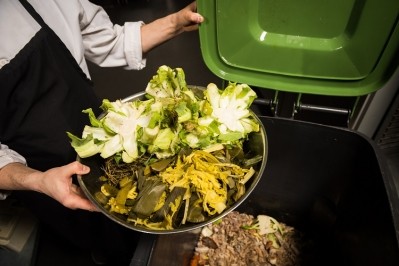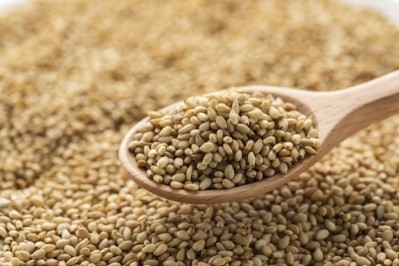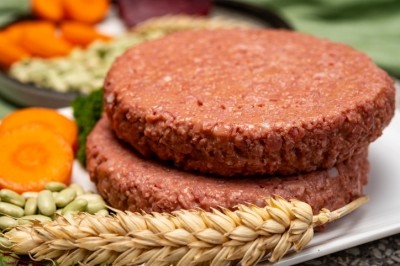Protein from waste: a sustainable solution with consumer appeal?
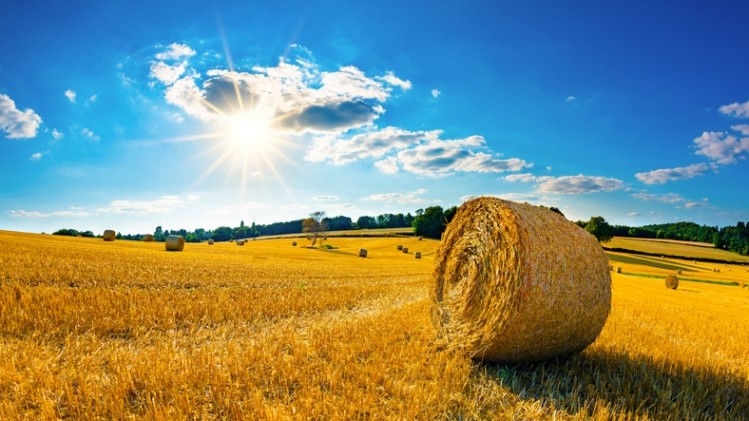
Quorn Foods CEO Marco Bertacca told the Future Food-Tech Summit protein from waste “has the potential to revolutionise our food system”.
It is estimated that arable farming produces around 8 billion tonnes of carbohydrate waste every year in the form of discarded stalks, leaves and roots of crops such as maize, wheat, rice, and sugarcane. This agro-waste is normally discarded or burned. Quorn hopes to develop a way of converting it into protein for use in food products.
The company currently makes mycoprotein – the dough-like protein-rich meat substitute which makes up most of its products – by fermenting a naturally occurring fungus (called Fusarium venenatum). This is fed with oxygen, nitrogen, glucose, and minerals in 40-metre high fermenters which run continuously for five weeks at a time.
Quorn is now looking to convert lignocellulose – the molecule which is the main component of arable waste and as such the most abundant raw material on earth -- into protein in a similar way.
“If we could find a way to ferment that carbohydrate and make mycoprotein, we would produce the same amount of protein that we’d get from 5 billion cows,” said Bertacca. “The numbers are mind-blowing – that’s three times more cows than there are on the planet now. So even if we could achieve a fraction of this, it would be a game-changer in reducing the carbon footprint created by food production.”
The first hurdle is the technology itself. Lignocellulose, which is composed predominantly of lignin and cellulose, is available in “staggering abundance as agricultural waste,” Quorn said. The cellulose part of lignocellulose can be converted to fermentable sugars, it added. But getting at these sugars is ‘complex’ and ‘a new process will be required’, it revealed.
“This is at the early stage of ‘research question’ sometimes characterised in a scale known as technology readiness. Collaborations are in place with Imperial College London and King’s College London as well as the associated mycology development at University of Nottingham,” noted the company.
“There is real momentum in this area and this research would fit well within global objectives of assuring a sustainable food future. With the right focus, collaboration and investment a 5-year horizon seems realistic.”
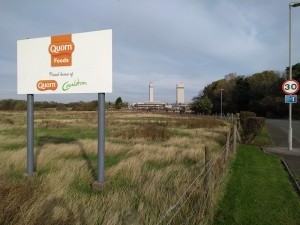
What kind of consumer reaction does Quorn anticipate for products made from waste products?
The second hurdle is end-consumers. Does the company have any concerns shoppers might associate products made from waste with second rate products in some way?
Quorn Foods CEO Marco Bertacca told FoodNavigator he hopes consumers will buy into the sustainability story. “We’re already seeing a real understanding of the link between diet, food waste and sustainability. We believe there will be an appetite from most consumers to join us on the journey to find ways to be more sustainable,” he said, and called on the alternative protein industry to work together to find solutions.
“We cannot underestimate the importance of raising awareness and education throughout the process. We want to empower consumers with the necessary information to make food choices that are better for their health and the planet. That’s why collaboration will be so important. A collective voice from across the industry can accelerate the innovation, but it can also help educate consumers to create a sustainable future for us all.
“Most of us know that there is an urgent need for mankind to adopt alternative protein sources on a huge scale. As much as I would love for it to be possible, Quorn alone cannot feed the world. It is going to take dozens, if not hundreds of companies like ours to succeed if we are going to make enough healthy protein to reduce our planet’s damaging reliance on animal protein.
“We will of course compete in the supermarkets for shelf-space, but away from this, there is a huge and important opportunity for new partnerships and collaboration to accelerate learning and innovation. I am happy for others to learn from our 50 years of experience, and I know that with so many new minds now focused on fermenting protein biomass, there will be many things we can learn from others.”

